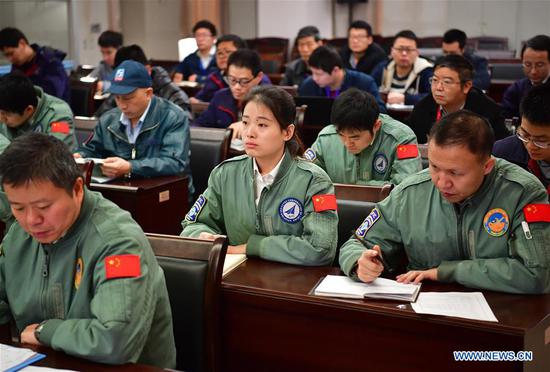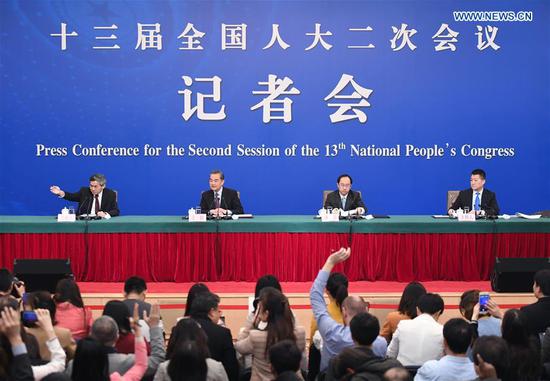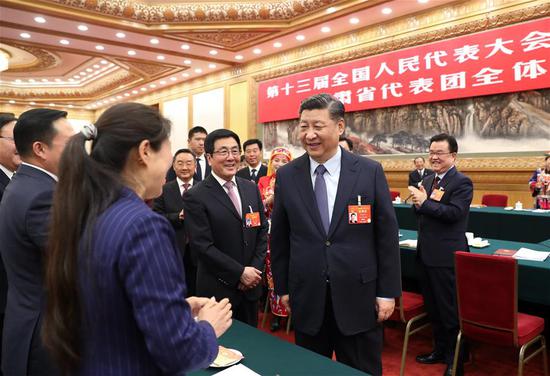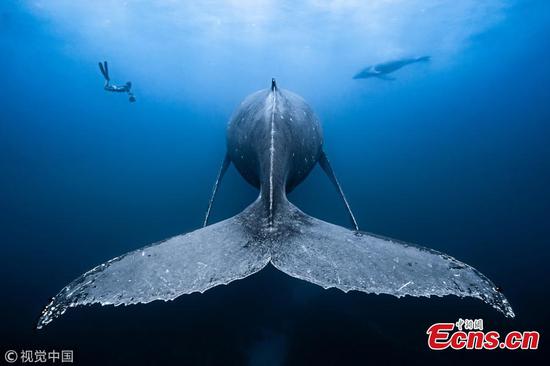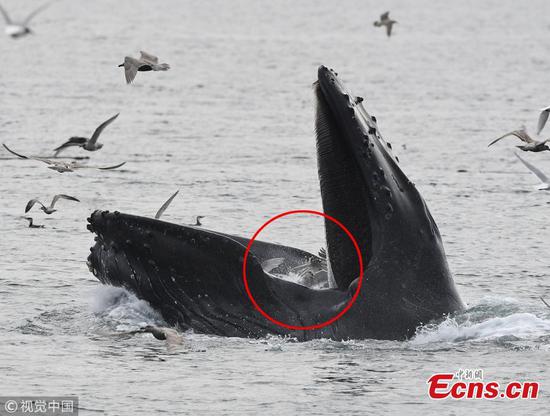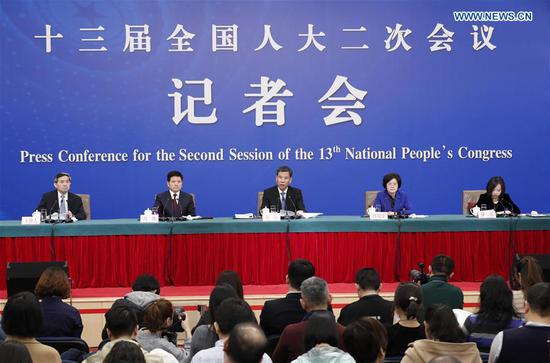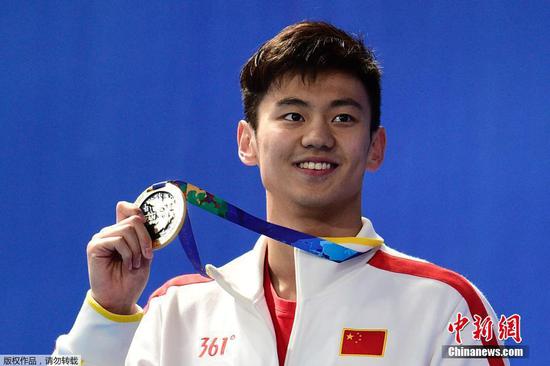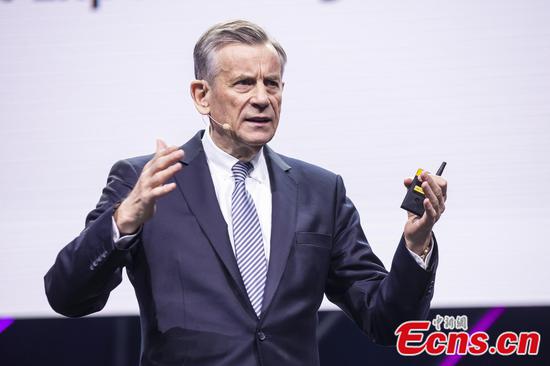
Simon: Personally I don’t think that the new regulation makes sense. But it reflects the mood of the politicians, the industry and probably the majority of Germans. In my opinion the German government should focus on creating a level playing field for German and foreign companies in China rather than impeding foreign and Chinese investments in Germany. I do not expect that the new rules will have much impact. There are some critical areas like infrastructure or defense where such restrictions are understandable and make sense, but for 90% of the economy they are nonsense. But I have also to criticize the Chinese. We have seen 162 acquisitions of German companies by Chinese investors in the last three years, in the opposite direction we had 32. This imbalance in the numbers as such is not a problem. The problem is rather that some of the Chinese takeovers were seen as rather aggressive and as coordinated within the “Made in China 2025”- initiative. I think that the aggressive communication of that campaign has done damage to Chinese investments abroad. Yes, China has been very successful. But I would recommend the country to boast less about this success and the ensuing strength. Chinese acquirers have often payed very high prices. While this may be advantageous for the seller, it is not perceived well by politics and the public. Why? Because overly high prices create the suspicion that these are political rather than pure business acquisitions.
CNS: From a goods-oriented export country to a capital-related and technology-focused outbound investment country, China’s investment footprints will broadly reach out. Germany has been one of the most significant host countries for China’s money due to its manufacturing prowess and the complementarity between the two, how do you view the role of the Chinese investments in Germany, from the economic and ESG points of views? With regards to the newly-enacted regulation, is there any tremendous impacts on the Sino-Germany co-operations? And what might be the effects on Germany’s economy?
Simon: As I said I do not expect a strong impact. Germany actually needs more Chinese investments. Currently there is only one Chinese greenfield factory operating in Germany. And actually the states and cities are vying for Chinese investments – opposite to the restrictions on the federal level. China and Germany are ideal partners. They have to find a way to cooperate. That has worked very well in the past. Both sides do not gain if they are too assertive.
CNS: China is Germany's largest trading partner, there is one school of thought that the German business community must wean from the over-dependence on China. In fact, the dependence the other way around is much more expressed, being China learning and practicing Germany’s technological expertise and managerial skill. Do you think this two-way trade and economic exchanges are for the benefits of both, even the rest of the world? If the Chinese companies have done something improperly in M&A transactions, what are your suggestions to address those concerns?
Simon: I would not talk of a general overdependence of each country. This is one of the big advantages of globalization, it is a risk diversifier. If we do more and bigger trade with many countries it means that each country depends less on a single market. I would also not say, that the dependence is asymmetric. Germany depends very strongly on China as a target market. More so than China depends on Germany. On the other hand, China depends strongly on German investments and manufacturing competencies. There are about 8500 German companies in China. They run more than 2000 factories. In Taicang alonge there are more than 300 German companies. It would certainly not be good for China if this presence is impeded. I don’t have the impression that we can generally accuse Chinese acquirers of German companies for doing something improperly. For the vast majority the opposite is true. There are some cases of misconduct, but I hold that their percentage is lower than for American acquirers of German companies. Again, we experience a communication problem. The Chinese should communicate more openly on their plans. The press tends to pick up negative cases and blows them up, but it does not report if something runs smoothly.
CNS: Globalization might be in retreat to certain extent, however the exchanges of goods, capital, people and information will definitely continue. How could Germany and China jointly meet the short-term challenges of trade protectionism and geopolitical tussle, and embark on the long-term journey of a better future for human being?
Simon: We don’t need less, we need more globalization. India or Africa have no chance to catch up if they cannot export more to and buy more from advanced countries. China and Germany can become role models for free trade. They are leaders in global trade and thus can exert enormous influence by creating free trade flows between Europe, China and other regions. This should induce the US to eventually follow.
CNS: The SMEs are supposed to be the backbone of any economies. In this respect, Germany has been very successful in driving the economy especially from the mittelstand sector, within which the huge amounts of “hidden champions” have emerged. You are one of the most capable academics, if not the one of analyzing and advising us on the development of this unique sector, so what is the essence of German’s model in promoting overall economy from the bottom-up? What are the tech factors being embedded in the whole process?
Simon: It is not the government that has created the strong mid-sized sector and the numerous Hidden Champions in Germany, rather the opposite is true. By providing a stable political environment and leaving them alone the mittelstand could flourish. And there is no single factor which explains the mittelstand’s and the Hidden Champions’ continuing success. Important factors are the entrepreneurial ambition to become the best in the world, focus on a narrow market, and globalization. The Hidden Champions are also very innovative, which is not a pure matter of technology but the integration of customer needs and technology. There is one are, though, where the government plays a decisive role, vocational training, a pillar of German competitiveness. The companies provide the practical training of apprentices and the government runs the vocational schools (Berufsschulen). The technical universities also play a key role in cooperating very closely with the companies.
CNS: Recently, China once again demonstrates the high commitments to the opening-up policy, and further optimizes the negative list and ownership percentage for foreign investment. How do you evaluate China's determination and actions towards a more open economy and what opportunities will this bring to German companies?
Simon: I explicitly acknowledge the opening and the removal of restrictions. This is the right way to go. But to be very candid, the belief that this is really practiced consistently is not there. And certain incidences really damage the belief in the seriousness of the opening. China must become more rigorous in taking care that intellectual property rights are respected and that corruption is removed.

















